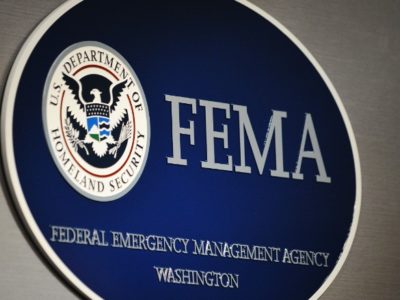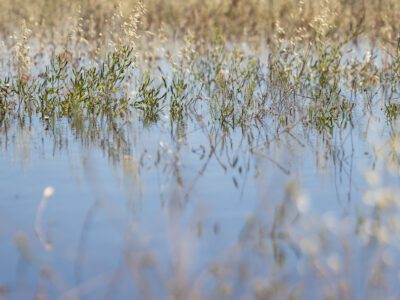New legislative effort underway to develop public access to the L.A. River
Earlier this year, California State Senator Kevin De Leon introduced SB 1201, a bill that could bolster efforts to open up the Los Angeles River for lawful recreational uses such as boating. I have a particular interest in this, since UCLA’s Frank G. Wells Environmental Law Clinic worked with the advocacy group Friends of the Los Angeles River and other advocates to develop the legislation. UCLA Law fellow (and co-blogger) Rhead Enion and I have worked on this effort over the last couple of years, along with clinic students Philip Mehdipour and Cody Sonntag, and former clinic students Kate Leonard, Sonya Paskil, Maya Kuttan, and Margaret Lee.
The bill is the latest development in a saga whose most recent chapter began with a momentous (and illegal) kayak trip down the entire length of the River, led by George Wolfe, in 2008 (chronicled by LA Creek Freak blogger Joe Linton here, here, and here). (The trip was widely covered in the news media and was cited in the EPA’s decision to designate the River as a “traditional navigable water” under the Clean Water Act.) While George’s initial trip down the River was met with hostility from the U.S. Army Corps of Engineers and the L.A. County Department of Public Works, which manage the River and restrict public access, the political winds have changed dramatically since then. Since then, George has founded LA River Expeditions, which last year was licensed to lead kayak trips down the River as part of a pilot program. (This story has also been immortalized in the documentary film Rock the Boat.).
It is clear, however, that the current policies that govern access to, and use of, the River are ill-suited to long-term recreational use of the River. Accordingly, Friends of the Los Angeles River (FoLAR) has developed a set of recommendations for access and use of the river that they believe will help to ensure public access,
and ultimately to help the city and its residents to understand that the river is a real, living river.
In furtherance of its recommendations, FoLAR has led an effort – spearheaded by FoLAR President Lewis MacAdams and board member Charles Eddy – to change the law in order to facilitate public access to the River. Local media, such as LA Creek Freak and LA Curbed, have reported on the legislation. In this interview with Lewis MacAdams and Charles Eddy of FoLAR from The Planning Report, Lewis and Charles discuss their goals and strategies at length.
The bill itself proposes some important changes in the law: providing immunity to the government for liability related to use of the river (which is a big concern to the County of Los Angeles); creating a new interjurisdictional state agency called the Los Angeles River Interagency Access Council to plan and manage river access; and amending the Los Angeles County Flood Control Act to explicitly add to the management purposes of the river to provide for public use of areas “suitable for recreational and educational purposes.” It will be interesting to see where this bill goes.
Reader Comments
4 Replies to “New legislative effort underway to develop public access to the L.A. River”
Comments are closed.







There was a horrific flood in the late 1930′ that devastated Los Angeles. The Army Corps of Engineers began lining the river banks to channel the water runoff into a defined route to the ocean.
Prior to that the rivers would meander wherever the terrain took it. It was L.A.’s source of potable water, and its path was too unpredictable. Once the aqueduct system was completed, the rivers mainly became used for flood control.
________________________________
Atty. Lauran V. Echols
DUI attorney Miami
There was a horrific flood in the late 1930′ that devastated Los Angeles. The Army Corps of Engineers began lining the river banks to channel the water runoff into a defined route to the ocean.
Prior to that the rivers would meander wherever the terrain took it. It was L.A.’s source of potable water, and its path was too unpredictable. Once the aqueduct system was completed, the rivers mainly became used for flood control.
________________________________
Atty. Lauran V. Echols
DUI attorney Miami